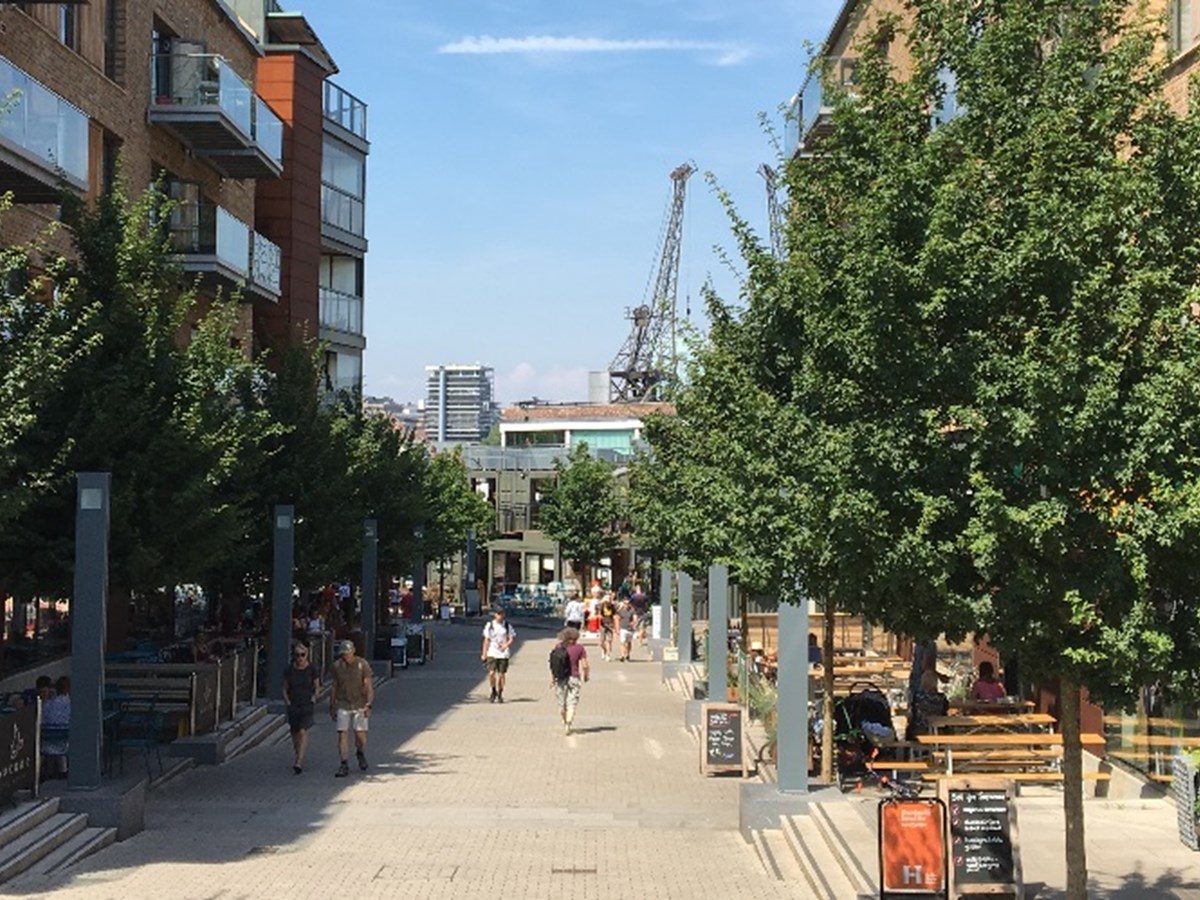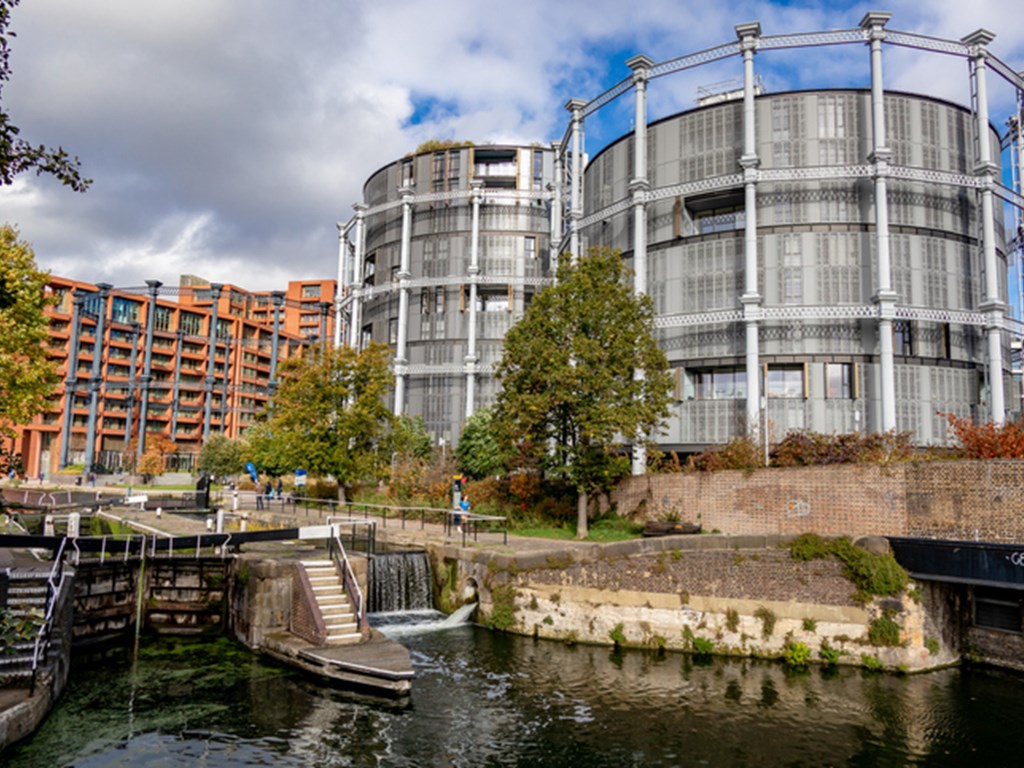Across Europe there is a vast legacy of contaminated sites from past industrial, commercial and military activity. The Centre for Sustainable Planning and Environments were commissioned by WHO Europe to undertake an evidence review of the environmental and health impacts of remediating contaminated sites. This formed part of a report examining the Urban redevelopment of contaminated sites, which also summarises a suite of European case studies and a reflection on the use of impact assessment tools during remediation and redevelopment processes.

Mixed use development on a former industrial site at Wapping Wharf, Bristol
There is consistent evidence that, when best practice is employed, remediation of contaminated soils is effective at reducing the risk from these sites, and that public health campaigns are effective at reducing exposure pathways where existing populations are present. However, our review found that there are very few studies in the academic literature that report on the outcomes related to human and environmental health following full scale remediation. Instead, the literature focusses on laboratory and pilot studies.
The findings of the report were discussed at a workshop of experts and resulted in a Planning Brief on Protecting health through the redevelopment of contaminated sites. This brief is a useful resource for the planning profession as it aims to support planners and other professionals involved in the development of these sites.
